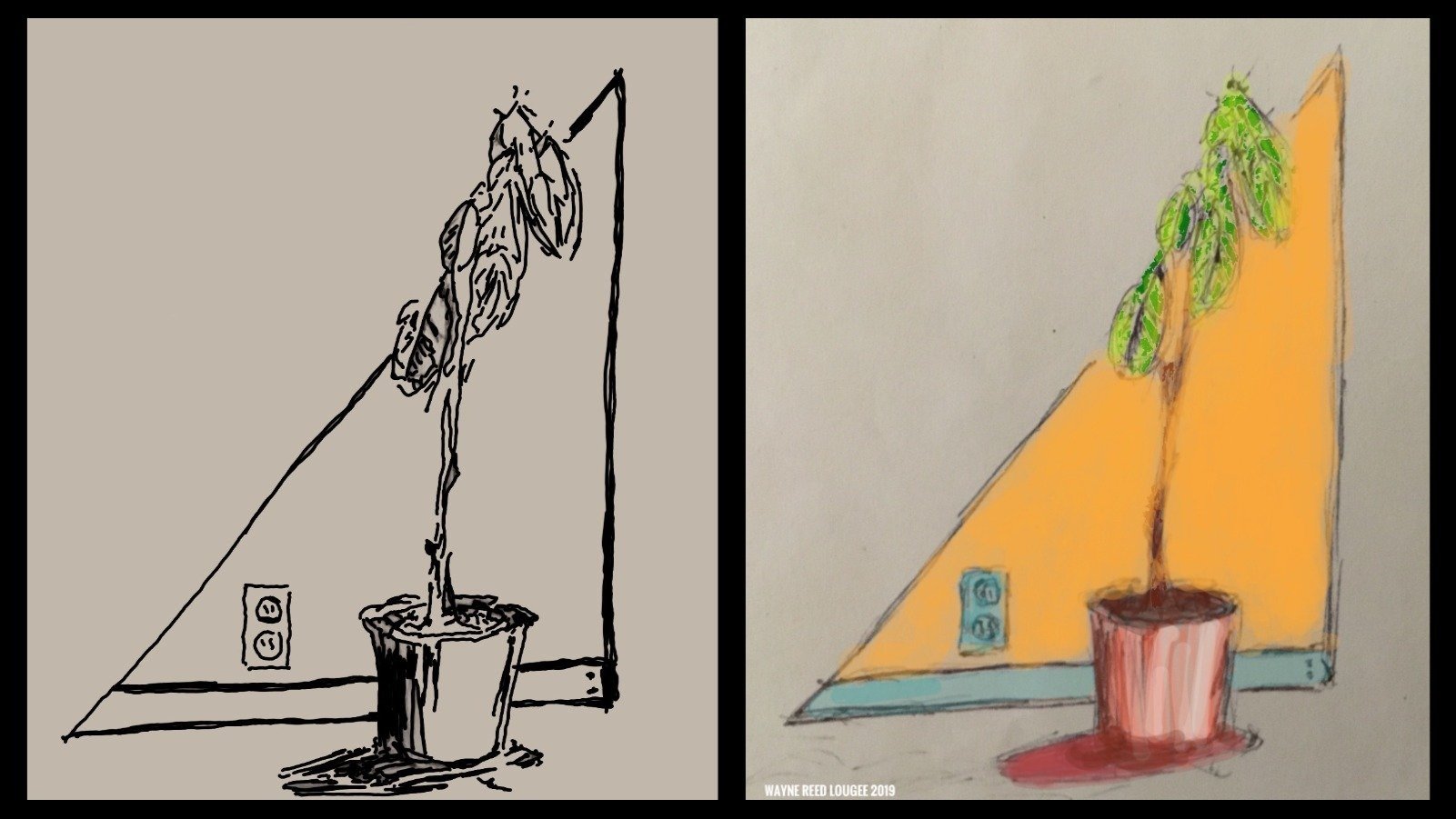Introducing Delta Timeline Assembly
We believe Picture Lock is an artifact left over from an outdated workflow in a bygone era. That’s why we’re designing the Delta Timeline Assembly (DELTA) standard and we want you to help us nail down the details.
We’re also opening our patent rights: anyone who wants to implement DELTA can do so without fear of patent infringement.
The DELTA standard is not a timeline interchange format like AAF or FCPXML. Interchange formats do a decent job of bundling a snapshot of a project, which you can then toss over the hedge to another host (e.g. from Premiere to Resolve) and start work. But as we all know, when you need to cascade sync changes, that’s when the trouble starts.
DELTA is a completely different concept than an interchange format. Its mission is to express changes to a timeline – either for pulling a change into a project or pushing a change out.
It turns out that software engineers have been relying on this technique for decades, using technology called a Version Control System (VCS). However, your edit timeline is quite different than software source code, so we need a novel technique. We spent some time in the lab and came up with the DELTA concept.
With DELTA, you can have unlimited people working on a timeline simultaneously. No locking, no texting Bob who’s (always???) away at lunch, asking him to come back and free up an asset.
With DELTA, you can spin off different versions of a timeline, then pull in base changes as they come in. Ad shops will love this. For example, you have five versions of a spot for a client. You don’t know which one will win, but you do know the intro graphics and music just changed. No more duplicating the intro changes on all five versions. With DELTA, bringing the intro changes into all five versions literally becomes a single click operation.
The Format
Without getting too far into the weeds, here’s the basics of DELTA.
DELTA is Accurate
DELTA uses an internal logarithmic time base that’s sample accurate – at any sample rate. This means you can use DELTA for any audio mix, even music.
However, DELTA’s log time base limits a project length to a fixed value. We picked 24 hours, because that plays well with SMPTE timecode.
DELTA is Simple
Interchange formats are complex and require that the entire file be read into memory and understood by a sophisticated host (Premiere, Composer, Resolve, etc.) before any timeline comparisons can be made. DELTA files can be compared directly using a simple technique that reveals a sample-accurate difference as to what’s changed between the two versions.
Furthermore, different timeline versions can be easily merged, branched and managed by software running outside the host.
DELTA works with VCS
This one’s a little dorky, but important. In short - DELTA works with any version control system, such as git. This allows video editing software companies to piggyback on a bunch of software that’s already been written.
Help Define the Standard
We believe experts like yourself should have a say in the DELTA standard, so we’re opening the design process to the post production community, with the ultimate goal of becoming a SMPTE project proposal, then public committee draft, then finally a SMPTE standard.
If you or your organization would like to join the DELTA design committee, please write to us at delta@merlin.video.
